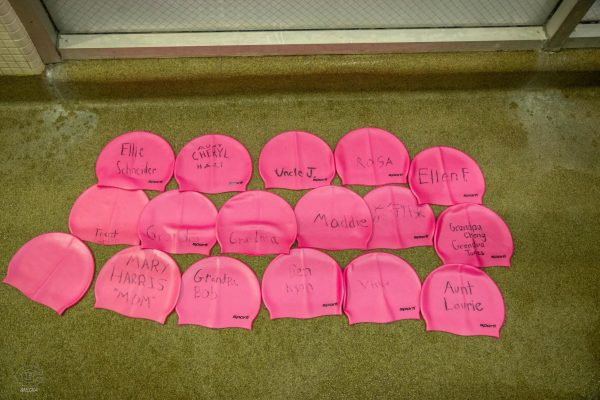Opinion: School Starts Too Early
September 22, 2016
It’s a morning routine every Prep student knows well: waking up with or before the sun, to the clamoring of an alarm. They shuffle out of bed in a daze, go to school, and perhaps even fall asleep in their first class of the day. This morning routine exists because school starts too early in the morning, and students are not adequately rested. Be it at 6:30, 7, or even 7:30 in the morning, students rise at an inordinate hour. School should begin at a later hour, because early start times cause students to come to school sleepy and perform poorly, among other negative consequences.
Early start times are inconsistent with the science of sleep. Circadian rhythms dictate times of the day that people are inclined to feel sleepy, and there are specific times of the day where different age groups may be more inclined for optimal sleeping, called circadian dips. According to the National Sleep Foundation, an adult’s prime hours for sleep are between 2 and 4 a.m. However, for teenagers, their circadian dip hours are between 3 and 7 a.m., and the effects of this dip can continue up to 10 a.m. if students are not getting enough sleep.
In 2014, the American Academy of Pediatrics stated that school start times needed to be 8:30 a.m., at the earliest, in order to maximize student health. Part of the reason for this is that high school students need about eight to nine hours of sleep per night, a figure that two-thirds of high school students nationwide do not reach.
The effects of a poor sleep schedule as a teenager can be impactful many years into the future. Students who suffer from sleep deprivation are more likely to live sedentary lifestyles and become overweight. According to the Center for Disease Control, symptoms of depression are shown at significantly higher rates in students that do not achieve adequate sleep numbers. These students have difficulty staying awake in school, and their grades suffer as a result. Sleep deprivation can also lead students to seek out activities such as doing drugs and alcohol. The teenage years are crucial to healthy brain development, and not reaching adequate sleep levels night after night can severely limit the progress and growth levels of the brain. It’s clear that a lack of sleep can lead teenagers to minor issues, such as irritation, but also significant issues like depression.
Under the branch of ‘Health and Wellness,’ the Creighton Prep start time should be pushed back to later in the day. Programs such as drug testing, access to water bottles in class, and the new lunch program have all been intended to increase the wellbeing of students, and to leave out later start times from this umbrella of programs would be a serious oversight. It is true that a later start time could create logistical problems, such as how to get students to school, and sports practices beginning and ending at later hours. Additionally, some may argue that later start times would only cause students to stay awake into later hours of the night than before, and that no additional sleep will be gained. However, studies from the many school districts across the country that pushed back their start times refute this. According to a Boston Globe study of school districts in Massachusetts, the number of students getting at least six hours of sleep per night went up twenty percent with a later start time. It certainly is true that there are some logistical problems with starting school at a later hour, but the benefits outweigh the limited issues that come up.
It would be a disservice to students if the start time remains at 8 a.m. Given the significant problems associated with sleep deprivation, and the necessity of a full night of sleep, why wouldn’t the change be made to move the day back? Even a one hour shift would be a significant improvement, and lead to the betterment of students. If a healthy student body is desired, a change is needed. Move the school start time back, and student’s well-being will increase as a result.




